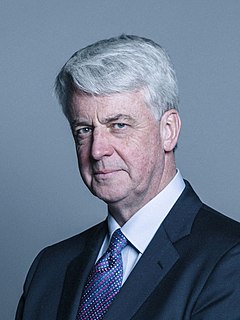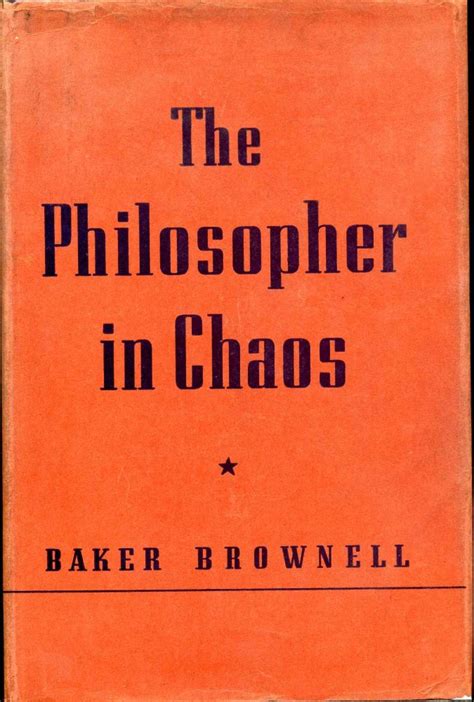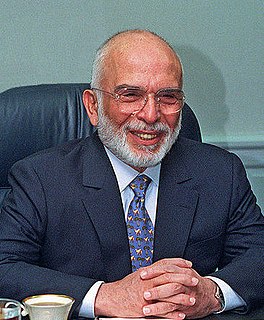A Quote by Daisaku Ikeda
Human rights will be a powerful force for the transformation of reality when they are not simply understood as externally defined norms of behavior but are lived as the spontaneous manifestation of internalized values.
Related Quotes
It is within the family that children learn the values that will guide them for the rest of their lives. It is within the family that they form their earliest relationships, learn to communicate with others and interact with the world around them. It is within the family that the notion of human rights becomes a reality lived on a daily basis. If tolerance, respect and equity permeate family life, they will translate into values that shape societies, nations and the world.
Free women and men everywhere must wage an incessant campaign so that these human values become a generally recognized and practised reality. We must regretfully admit that in various parts of the world this is not yet the case. Without those values and human rights the real peace of which we dream is jeopardized.
If one benefits tangibly from the exploitation of others who are weak, is one morally implicated in their predicament? Or are basic rights of human existence confined to the civilized societies that are wealthy enough to afford them? Our values are defined by what we will tolerate when it is done to others.
Human behavior is subject to the same laws as any other natural phenomenon. Our customs, behaviors, and values are byproducts of our culture. No one is born with greed, prejudice, bigotry, patriotism and hatred; these are all learned behavior patterns. If the environment is unaltered, similar behavior will reoccur.
Art arises in those strange complexities of action that are called human beings. It is a kind of human behavior. As such it is not magic, except as human beings are magical. Nor is it concerned in absolutes, eternities, "forms," beyond those that may reside in the context of the human being and be subject to his vicissitudes. Art is not an inner state of consciousness, whatever that may mean. Neither is it essentially a supreme form of communication. Art is human behavior, and its values are contained in human behavior.
Our society is not held together primarily by law and its enforcement but most importantly by those who voluntarily obey the unenforceable because of their internalized norms of righteous or correct behavior. Religious belief in right and wrong is a vital influence to produce such voluntary compliance by a large number of our citizens.
It is clear that Germany needs a foreign policy in which we jointly define European interests. Thus far, we have often defined European values, but we have been much too weak in defining mutual interests. To preempt any possible misunderstandings: We cannot give short shrift to our values of freedom, democracy and human rights.
Genuine leadership is inherently moral. So the values chosen matter tremendously, and they must be values aligned with society (including the most universal statement of human values in history, the Universal Declaration of Human Rights, as well as clear values of sustainability evidenced in global declarations like the Stockholm and Rio Declarations.






































